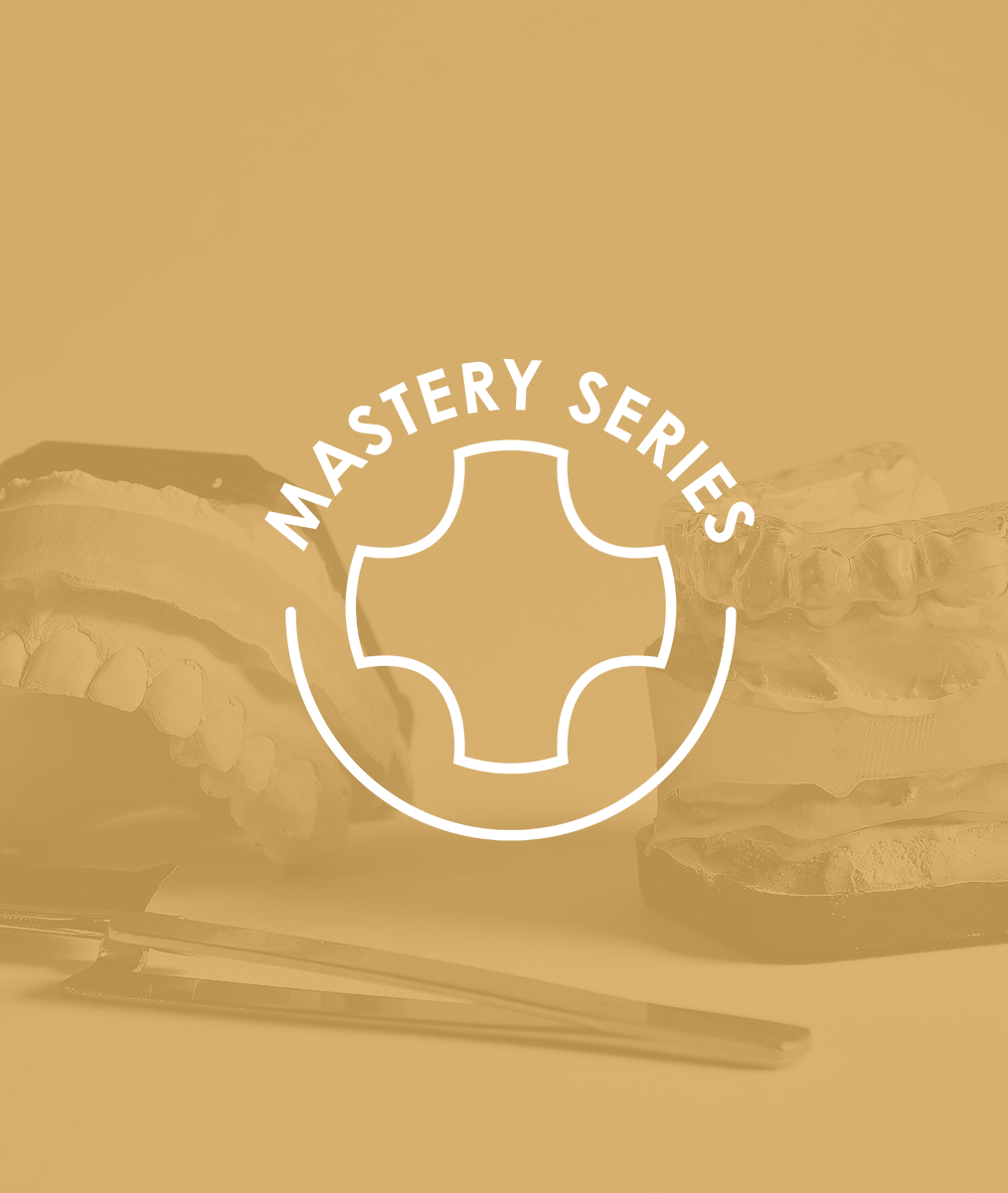Financial Literacy Series: CPI Personal Inflation Early Retirement
The Consumer Price Index (CPI) is a measure of the average change over time in the prices paid by urban consumers for a market basket of consumer goods and services.
Comments by the Fed – FMOC: Suggest the Fed is trying to gently convince their adoring public that inflation may actually turn out to be “a little stronger than they forecast for a little longer than they forecast.”
Grant Williams’ notes in Things That Make You Go Hmmm:

We may be facing demand-driven inflation as a consequence of misguided monetary policy and misdirected fiscal stimulus. Monetary stimulus had some effect, of course, and the latest growth forecasts suggest, it is already dissipating. The Fed has done so much, so fast, it produced a self-limiting recovery in which supply – chain inflation (caused by all the container ships anchored / waiting in Los Angeles / Long Beach) tend to cap potential growth. The trucking industry may also be a part of the log-jam, backing up deliveries.
5.9% Announcement by Social Security
That is the increase that retirees receiving Social Security will pick up next year to account for inflation. It is the biggest jump in 39 years and captures what consumers have been feeling acutely over the past year: Stuff is getting more expensive.
The fact that Social Security payouts will reflect higher costs is certainly a plus for that portion of retirees’ income streams. Inflation may prove fleeting, a short-term blip resulting from pent-up pandemic demand and snarled supply chains, or it could persist. Or, it could be that the medical premium portion of Social Security could be increased and consume much of the 5.9% announced increase. No one has said much yet, other than the increase of 5.9%.
Dentist’s and Retirees Take Note
I believe all dentists and retirees can learn to think about inflation more individually and holistically. We can start with taking stock of our own rate of inflation, which is not a standard CPI. We can look at the details of our Personal Spending Plans (Budgets); a function of what we spend our money on and how much inflation we are seeing in those outlays. Inflation considerations also extend to our portfolio; think about our withdrawal or “burn” rate, if retired, as well as what kind of inflation protection to embed in our portfolio’s. (more on this below)
We can also look at, and think about inflation today, examine our own personal inflation rate, and safeguard against inflation’s corrosive effect on our investments and our Economic Engine. For most dentist’s, our Economic Engine is our dental practice. We can study our line items on our Profit and Loss Statements and/or our Management Income Statements (MIS), year-over-year or twelve month roll, looking for inflation creep in line items like; consumable dental supplies, laboratory costs, salary and benefits (hygiene, clinical, and administrative teams), occupancy total costs, administrative supplies and services, notice the rise in dental equipment cost (replacement costs), along with financing costs. All of the above will combine into our Personal CPI, which may well require an adjustment in our dental fees.
Calculating Our Own
As we collect our personal and practice inflation data, be willing to ask a question; what are we discovering? If looking at the FOMC CPI weightings and they look nothing like our own, when considering our increased household and practice spending, we are most likely on the right track. Our outlays for housing may diverge significantly from the CPI percentages, especially if we live in a paid-off home. We will still have costs for upkeep, insurance, and property taxes, which are also included in Housing Costs.
By doing the above exercises, we can learn to tweak inflation expectations, pro-actively while attempting to keep then in-line for each of line items, and incorporating our own experiences and discoveries. At the same time, it is important to not come away with a false sense of precision with respect to inflation. For one thing, inflation statistics can vary by section of our country, state, and even town by town. Moreover, a number that can bear paying attention, is the trend in our actual, all-in spending, which depends on a few key variables: our fixed and discretionary expenses, as well as, what is going on with inflation in each of the spending categories. Ultimately, our aggregate household and practice spending trend matters more because we exert a level of control over some of our spending, where the overall inflation rate is out of our hands.
Early Retirement
Is early retirement is on your radar? Data suggests that the case for a growing share of workers, inflation protection is an even bigger hurdle. That is because we will be using our retirement dollars, and spending them over a longer time horizon, when starting early. This increases the odds that inflation could flare up sometime during our drawdown period: pay attention to withdrawal rates, portfolio construction, and Social Security adjustments.
Investment returns over the next decade might not be so great, some experts warn. Be prepared to rein in our spending in case a lousy market materializes. A threat of experiencing big portfolio losses early on in retirement, when our portfolio value is at its highest, is one of the key threats to the durability of any retirement plan. And sequencing risk looms particularly large in environments like the current one, when bond yields are low and equity valuations are on the high side. If market returns are indeed lower than our two decade averages, in the first few years of retirement, our best defense is to cut our spending. For younger dentists reading this a lesson to be learned is “keep shoveling it in” and increase the percentage of present income earmarked for saving and investment; over time, through compounding, this will ease your worries and provide a greater measure of choice in financial decision making.
What we may want to discussed, in this context, is the other side of the same coin. Yes, today’s retirees can become more conservative on the withdrawal rate, and use a safer withdrawal rate closer to 3% than 4%. What may matter more is the dollar amount we can pull out, not the percentage. Thanks to elevated portfolio balances, a 3% withdrawal of a larger portfolio may translate into a withdrawal that is every bit as large as 4% on that same portfolio ten years ago. In addition to balances being larger, retirees can enlarge their lifetime portfolio withdrawals by employing a flexible withdrawal approach rather than taking fixed amount withdrawals; helping to reduce portfolio demands and a requirement for bonds with minuscule yields.
It is good to remember to continue to use and learn from the Financial Tools, which have always been available to us: Personal Spending Plan, Personal Net Worth Statement, Potential Cash Flow Analysis from All Cash Flow Streams (Dental Practice, Tax-Deferred Portfolio, Personal After-Tax Portfolio, Investment Real Estate, and other holdings. It is a good thing most of us have been given enough years to layer our financial learning, with intention!
Keep a Moving Target Orientation!
Invest in Yourself
Sign-up for Courses to Continue Advancing Your Financial Literacy
Two Courses to Consider:
Creating More Financial Freedom / Mastering Business Essentials
Related Course
E4: Posterior Reconstruction and Completing the Comprehensive Treatment Sequence
DATE: October 30 2025 @ 8:00 am - November 3 2025 @ 2:30 pmLocation: The Pankey Institute
CE HOURS: 44
Dentist Tuition: $ 7400
Single Occupancy with Ensuite Private Bath (per night): $ 345
The purpose of this course is to help you develop mastery with complex cases involving advanced restorative procedures, precise sequencing and interdisciplinary coordination. Building on the learning in Essentials Three…
Learn More>










